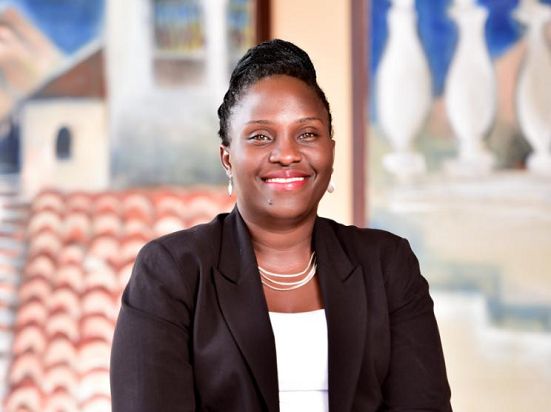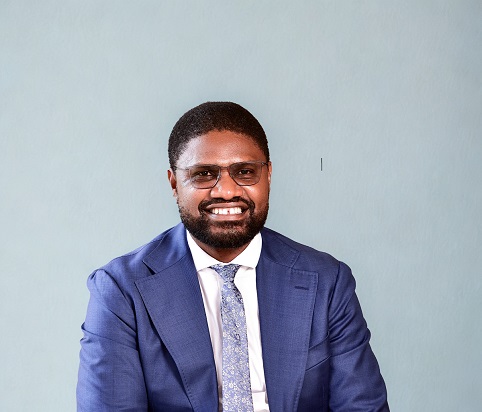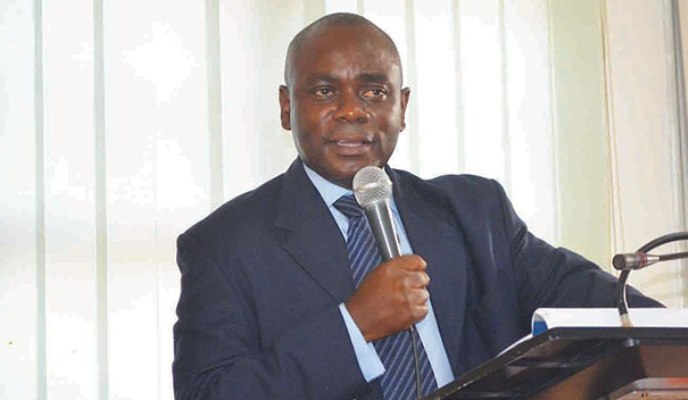By Peninah Aheebwa
The Oil and Gas sector in Uganda has progressed to the development phase with an expected total investment of US$ 20 billion before the production of the first oil due in 2025. This investment is being made mainly in developing infrastructure for producing petroleum from the discovered fields and putting in place the facilities required to commercialise the petroleum to be produced (refining and pipelines) together with the requisite support infrastructure like the roads and the second international airport.
These investments present opportunities to the country through first, through the participation of Ugandans and Ugandan enterprises in the provision of the required goods and services, what is known as national content. Secondly, through the participation of other sectors of the economy through sectoral linkages.
National content is at the project level, and its target objective is based on how much of the expenditure on the projects ought to be retained in the country. Sectoral linkages on the other hand are wider, and the development of these linkages would enable the maximisation of national content in the oil and gas sector. It would also contribute to the diversification of the economy and ensure that the infrastructure set up for the oil and gas projects is sustained during the decline of activities in the oil and gas sector. Several countries including the UAE and Norway among others leveraged the oil and gas sector to develop their other sectors.
There are many expected indirect effects of the oil investments on the mainstream (non-oil) Gross Domestic Product (GDP) through the creation of linkages with other sectors of the economy like agriculture, health, tourism, housing and transport, among others. Studies have shown that every US$ 1 directly invested in the oil and gas sector is expected to yield indirect GDP growth of US$ 0.6. Therefore, out of the $ 20 billion a direct investment of US$ 14 billion dollars (29% of Uganda’s current GDP estimated at US$ 48 billion) in the three projects for which the Final Investment Decision has been undertaken is expected to yield indirect growth of the GDP by US$ 8.5 Billion (18% of GDP) by the time first oil is achieved. This will be in addition to close to USD 5.6 billion (40% of $ 14 billion) which is expected through the fulfillment of national content requirements.
It is therefore important to create linkages between the oil and gas sector and other sectors of the economy to maximise and ensure broad-based economic growth and development. Instead of viewing the oil and gas industry in isolation from the rest of the economy, an awareness of the potential sectoral links is expected to lead to policy decisions and investments that will ensure the linkages are exploited. The Petroleum Authority of Uganda (PAU) is therefore organising a linkages conference from 11th to 12th April 2024 at the Speke Resort Munyonyo on the opportunities arising from linking the oil and gas sector to other sectors of Uganda’s economy. The theme of this conference is “Linkages: Leveraging Uganda’s Oil and Gas Sector with Other Sectors of the Economy to Enhance Broad-based Economic Growth and Development”. The conference will bring together participants from different Ministries, Departments and Agencies of Government as well as the private sector, civil society, and academia.
The conference is designed to be “hands-on” with thought-provoking presentations, panel discussions and interactive Q&A sessions. It will feature the opportunities identified under Agriculture, Health, Housing, Tourism and the Financial Services sectors among others, and propose the required strategies to harness the linkages. Participation in this conference will be a hybrid physical (by invitation) and virtual (open).
The writer is the Director Economic and National Content Monitoring at the Petroleum Authority of Uganda





